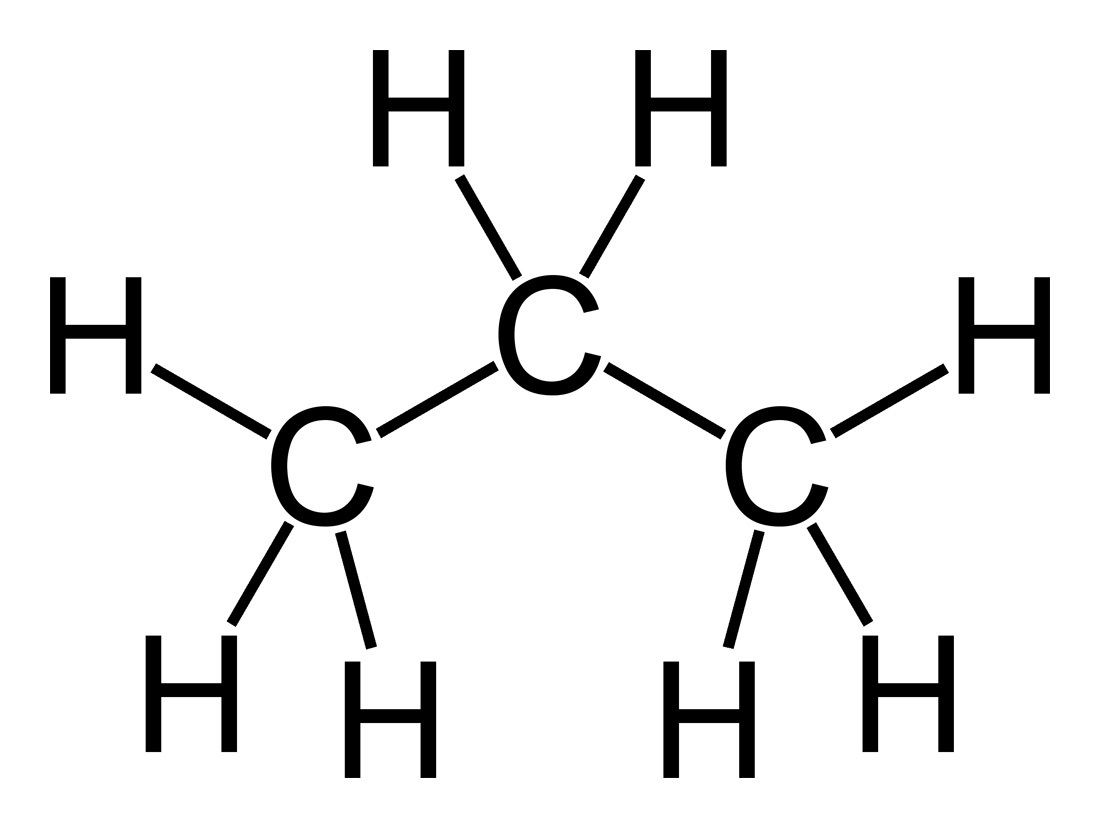Propane – Definition and use

Propane is an aliphatic hydrocarbon that belongs to the saturated alkanes and occurs as a colourless, odourless gas. It occurs naturally as a component of natural gas and crude oil, from which it is extracted by fractional distillation. It is also the main constituent of liquefied petroleum gas or LPG, commonly used as a fuel. Let's find out here more about this gas!
Propane gas - Definition
As mentioned, propane gas is an aliphatic hydrocarbon characterised by the fact that it is odourless and colourless, and is used in cooking as a clean, high-quality and cheap source of energy.
This gas is obtained from oil fields and oil refining, while for distribution - entrusted to specialised companies such as Settala Gas - it is turned into liquid. Propane was first identified as a volatile material in petrol in 1910 by Walter Snelling. At that time, he realised how a bottle of propane gas supplied a house with electricity for three weeks and hence the need for gas extraction was born. Pure propane has been extracted since 1911 and has been used in our homes since 1913.
The quality, purity and quantity of propane gas depends on the reservoirs and deposits from which it is extracted and once it is obtained for sale and transport, the vapour must be removed in order to store it properly and avoid accidents. This operation is known as oil stabilisation, which is done by separating the gases. If stabilised gas remains in the oil beforehand, it is mixed in a fractionation zone to complete the oil production and begin processing the propane gas for sale.
Propane gas - Properties
In chemistry, propane gas is recognised by the fact that it consists of three carbon atoms and eight hydrogen atoms connected by simple bonds. It is a hydrocarbon belonging to the alkane group and its chemical formula is C3H8.
Due to its low cost and good performance as an energy source, it is a gas in great demand and is transported quickly, cleanly and safely in special cylinders. In particular, it is the most suitable gas for heating the home, producing electricity and cooking in cold climates as its freezing temperature is -44°C.
Why is propane gas important?
Propane gas is used for heating and cooking and is a viable alternative to electricity, butane and natural gas. In addition to cooking food, this gas is used in heating and hot water systems and is a safe element as long as building and plumbing regulations are followed.
Not only that: even summer air conditioning systems run on this gas, which keeps homes, shops and offices cool. In the kitchen, propane gas is particularly valued for its ability to distribute heat evenly and allow food to cook better.
Contact the hydrocarbon production and distribution specialists at Settala Gas to find out more!




